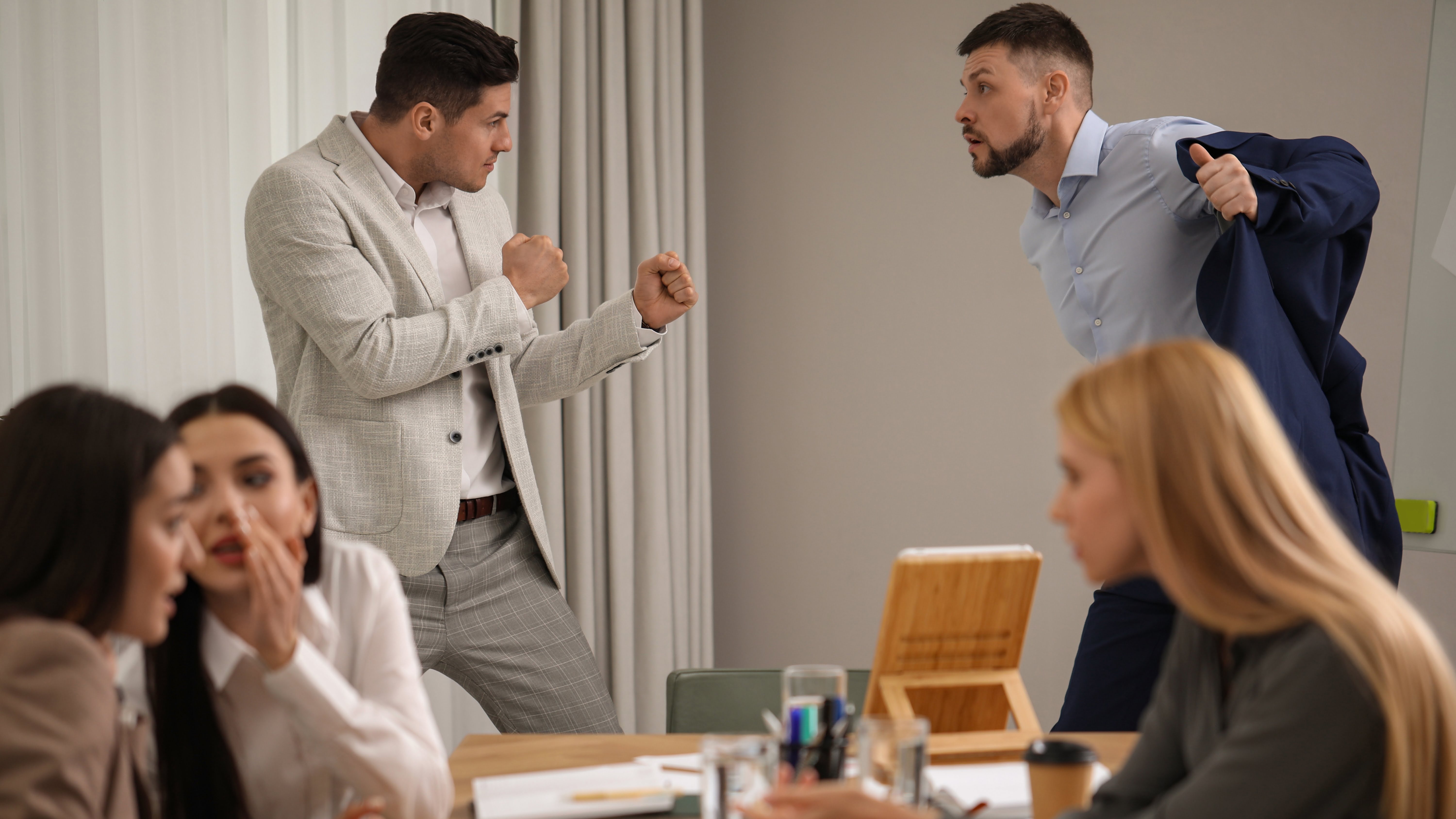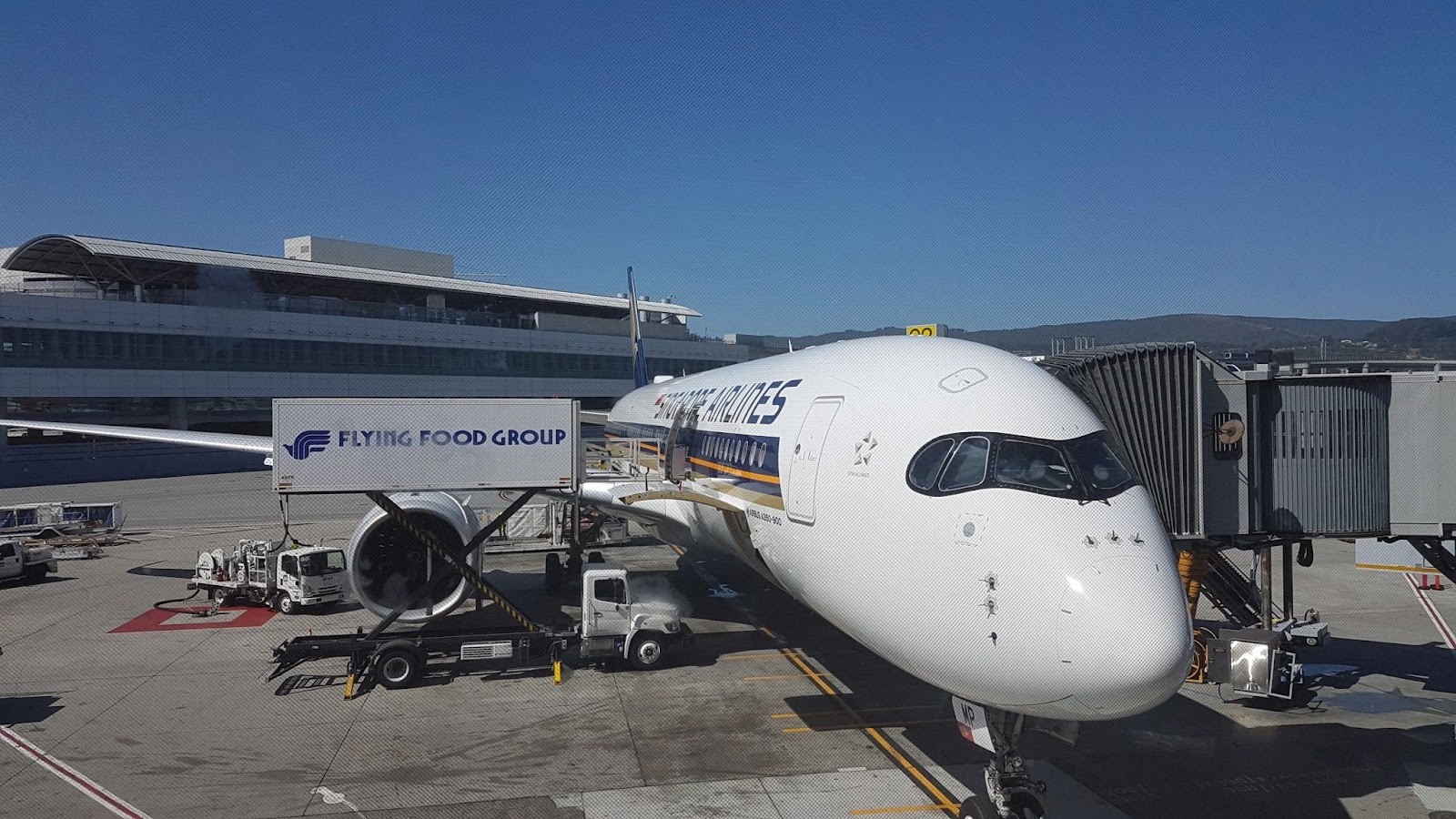Despite years of working together, some lawyers still don’t trust professional communicators to do the right thing in a crisis, and most think it’s lawyers, not communicators who should take the lead in deciding what to do and say.
A new report reopens that age-old debate about the role of lawyers and communicators in a crisis and reveals that conflict between legal and communication advice is still very real.
While PR people are typically not reluctant to share their opinions about lawyers, Melbourne crisis expert Dr Tony Jaques wanted to know what lawyers think about their own role in a crisis and what they think about communicators they have to work with.
To find out, he partnered with a reputation and change management consultancy and its PROI overseas network to interview experienced crisis lawyers in Australia, New Zealand, Canada, the US and UK. The results of this first-of-its-kind survey have just been released.
The lawyers interviewed said that while the relationship with communication professionals is improving, one of the areas particularly prone to conflict relates to disclosure and apologising. Specifically, they think communicators’ tendency to communicate openly and transparently means they risk disclosing information, which may lead to liability or future litigation. The lawyers are also concerned about the lack of legal awareness among communicators.
Another perceived area of potential conflict was balancing speed and accuracy. Almost every lawyer emphasised the need for certainty before communicating in a crisis.
This response appeared to show little appreciation that in a genuine crisis it is very common that decisions must be made quickly on what is known at the time, which is typically incomplete.
When the lawyers were asked to nominate the main strength they bring to a crisis, the most common response was not their legal expertise but an ability to be calm and predictable.
At the same time, when asked to identify what communicators bring to a crisis, the lawyers’ focus was not on tactical skills, though they broadly recognised the communicators’ ability to develop succinct messages. Instead, the lawyers nominated the main strength of communicators as their understanding of stakeholders. As an aside, some conceded their profession were inclined to over-complicate messaging and that communicators “understand the imperfections of human nature better than lawyers.”
While some of the lawyers interviewed expressed a continuing lack of trust in communicators, a striking theme was recognition that both ‘sides’ need to develop a better appreciation of each other’s roles. The sense was that improved understanding would lead to greater mutual respect for what lawyers and communicators can each contribute when a crisis strikes.
When conflicting advice about crisis communication arises, several lawyers in the survey stressed the importance of what they called a “hand-in-glove” approach. That was the key, they said, to achieve the best possible outcome for the organisation as a whole.
The full survey report can be downloaded here.
The lawyer interviews form part of a newly-published book by Tony Jaques: Crisis Counsel: Navigating Legal and Communication Conflict.






